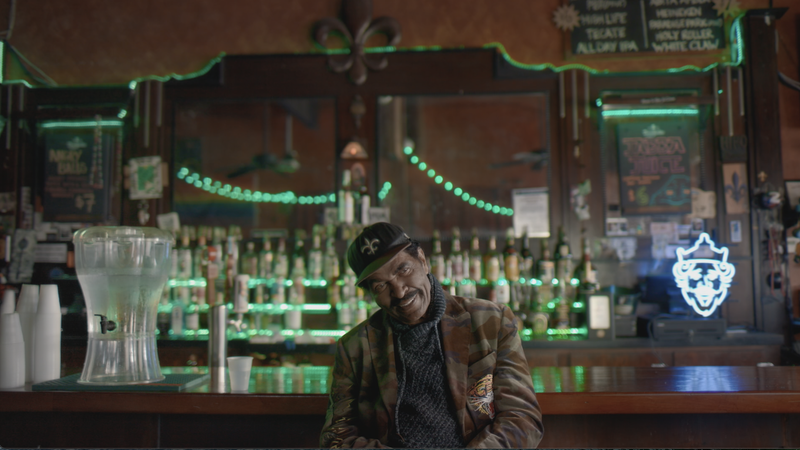Music Icon Bobby Rush Spills the Tea on the Little Richard You Thought You Knew

Little Richard was an extraordinary figure. Nobody can deny that. Not only was he musically relevant for more than seven decades, but he was ahead of time when it came to expressing himself in a way mainstream White America was not ready for.
The PBS documentary, Little Richard: King and Queen of Rock ‘n’ Roll, which airs on June 2 at 9 p.m. ET, gives a multifaceted look at Little Richard: the son, singer, musician, lover, influencer, and icon.
Read more
Aside from Halle Bailey, Here Are Other Black Disney Actors and Characters We Love [Update]
Megan Thee Stallion Becomes 1st Black Woman to Land Forbes 30 Under 30 Cover
15 Priceless Black Twitter Moments Worth Remembering [Updated]
Little Richard: King and Queen of Rock ‘n’ Roll | Official Teaser | American Masters | PBS
Born Emmett Ellis Jr., Bobby Rush is an accomplished Blues singer in his own right, who has been in the music industry since 1951. He is known for songs like “I Ain’t Studdin You,” “Hen Pecked” and “One Monkey Don’t Stop No Show.”
In the documentary, the 89-year-old Louisiana native speaks about his longtime relationship with the Rock and Roll legend and what it was like to watch Richard perform as he was just starting to grow in popularity in the music industry.
But with The Root, Rush delved deeper into his decades-long friendship with the King (and Queen) of Rock and Roll.
“The first time I met him was in 1955 in Macon, Ga,” said Rush. “At the time he just moved out to LA. But he was back in his hometown (Macon) to do a show. I was on the same bill as him where he was the headline.”
He continued, “Our relationship started as just a working one, but it grew into a personal relationship because he was so flamboyant and kind. I learned a lot of things from him because he was not embarrassed about what he did or how he did it.”
Rush even recalled a time when they were doing a show in 1969 and as he was leaving the stage and Richard was coming on, he said, “Bobby Rush don’t go nowhere, stay right there!”
For the next five to 10 minutes, Richard told the crowd how close the two artists were and how their relationship had grown in the last few years. But, just before Rush left the stage, Richard said, “The two prettiest men in the world are me and Bobby Rush!”
Even to the most outgoing and successful artists in the industry, Richard was more unapologetically himself than any one of them.
Little Richard - Tutti Frutti (1956)
Rush and Richard also performed together throughout the Chitlin’ circuit, which was a collection of venues in the South that allowed African-American artists and entertainers to perform, especially during the 1950s and 60s.
It’s where the friendship between the two artists was fostered.
“He was just ahead of his time man!” said Rush. “Whatever Richard was doing in his time, artists do it today and think nothing of it. But it was a no-no in his day. He would talk in interviews and say I used to be gay but I’m not gay anymore.”
Rush said Richard was never embarrassed “with how people thought or felt about him. He was an open book.”
Currently living in a time where the stigma surrounding LGBTQ+ artists is decreasing, Little Richard was a pioneer for those artists.
Very few entertainers, if any, were honest about their queerness during the mid-20th century, when it was considered unacceptable by all, both Black and White.
In the documentary, Richard recalls wearing his mother’s makeup as a child and playing the mom when he would play “house” with his cousins. He even remembers his father saying, “I wanted seven boys and you’re messing it up.”
Memories like that can deter a person from being their true selves when they mature into their career. But despite all the trauma he experienced, he was steadfast in giving friends, family and fans the real Little Richard.
More from The Root
A Supersized List of March 2023 Books by Black Authors We Can't Wait to Read
19 Political Karens Caught in Their Own Lies, Nonsense and Racism
Sign up for The Root's Newsletter. For the latest news, Facebook, Twitter and Instagram.

